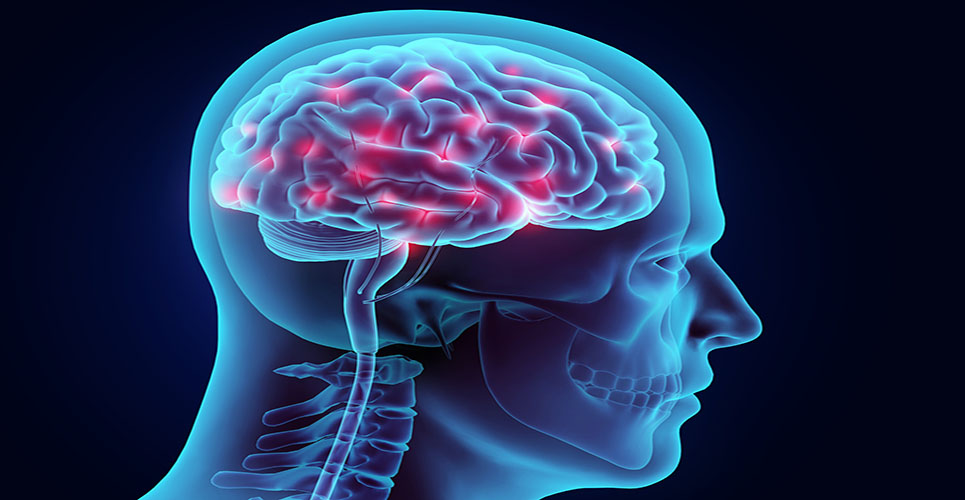teaser
Patients with Alzheimer’s disease or epilepsy have been given hope of a new treatment after scientists discovered a protein that controls brain activity.
New drugs that might help slow memory loss and calm the symptoms of epileptic seizures could be developed after researchers pinpointed the role of a key enzyme called GSK3.
Scientists researched the amount of electrical signalling by the brain’s neurons during times of peak activity.
They found that GSK3 helped reduce the flow of chemical messengers between brain cells, suppressing brain activity.
This raises the possibility that drugs could be developed to block the effect of this enzyme, increasing chemical messaging between brain cells, which could help to protect memory in people with Alzheimer’s disease and slow the progression of their illness.
Conversely, researchers also said drugs could be developed to boost the effect of the enzyme, slowing brain activity in epilepsy patients and reducing the effects of their seizures.
Dr Mike Cousin, of the University of Edinburgh, which led the research, said: “Until now, we understood that this enzyme was important for brain cell function, but we did not fully appreciate why.
“This study shows that GSK3 plays a crucial part in controlling brain function during peak activity.”
Copyright Press Association 2010
NHS Alzheimer’s information

